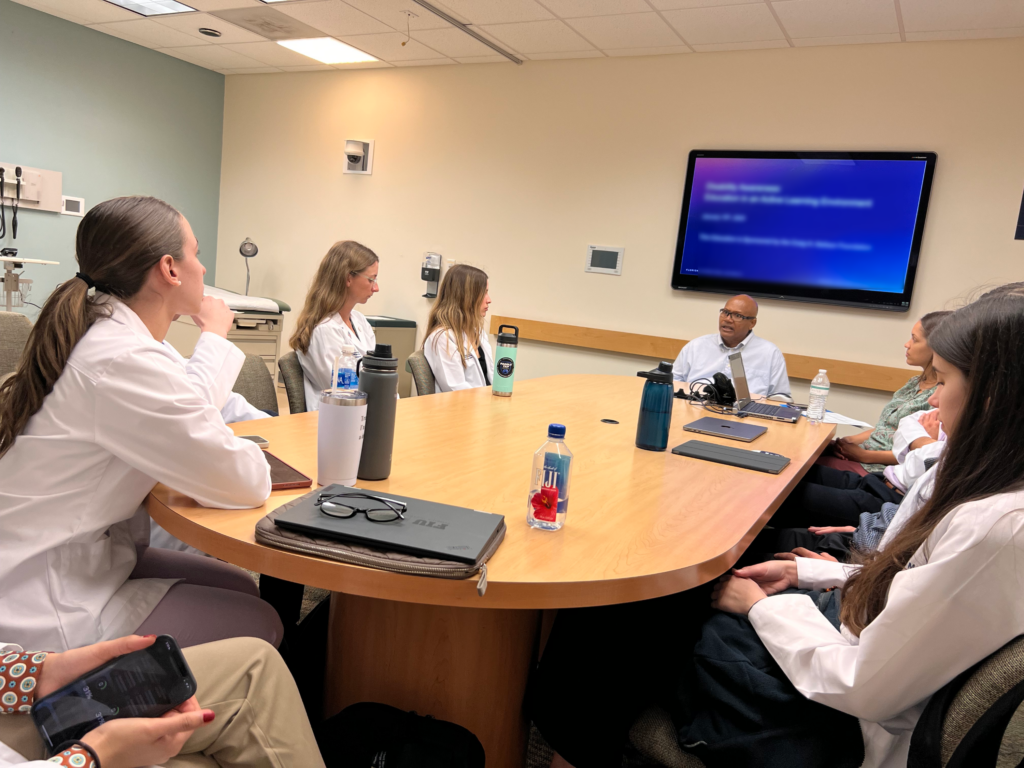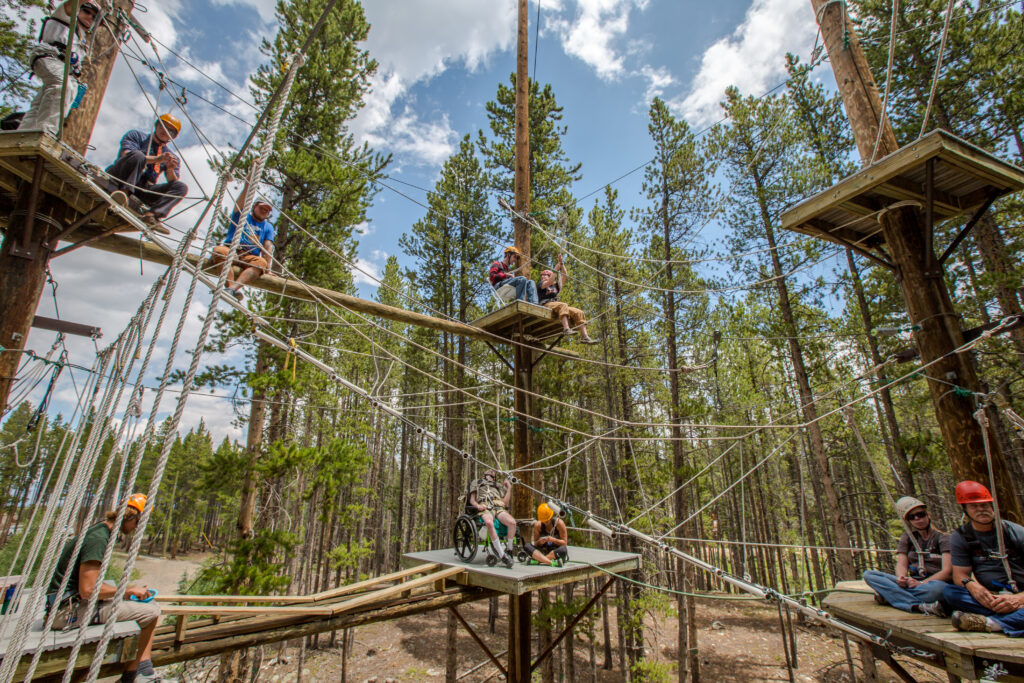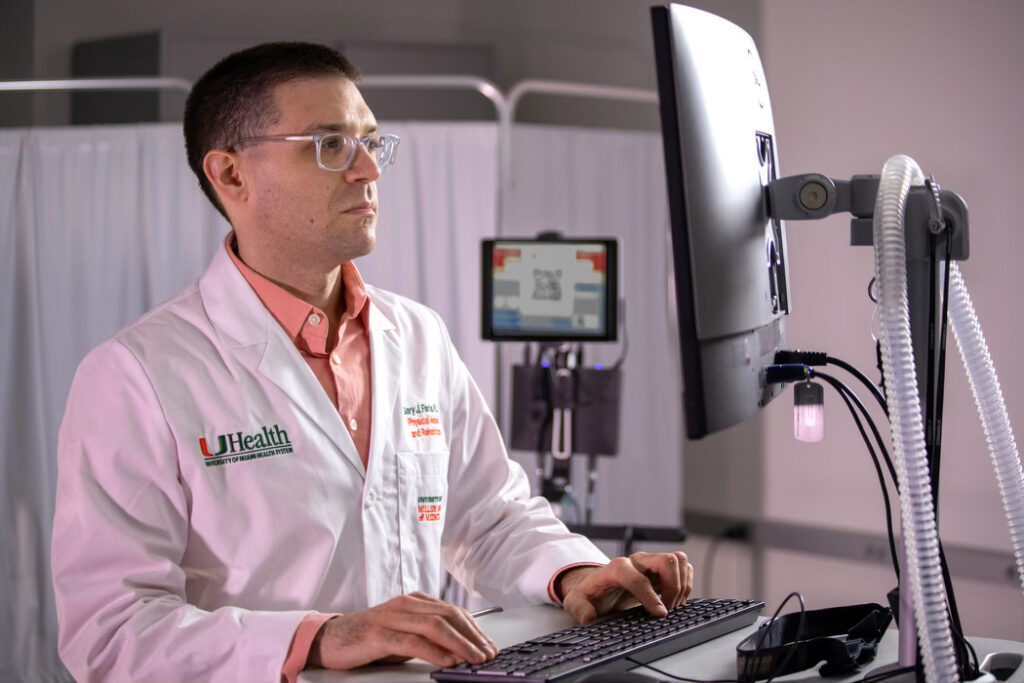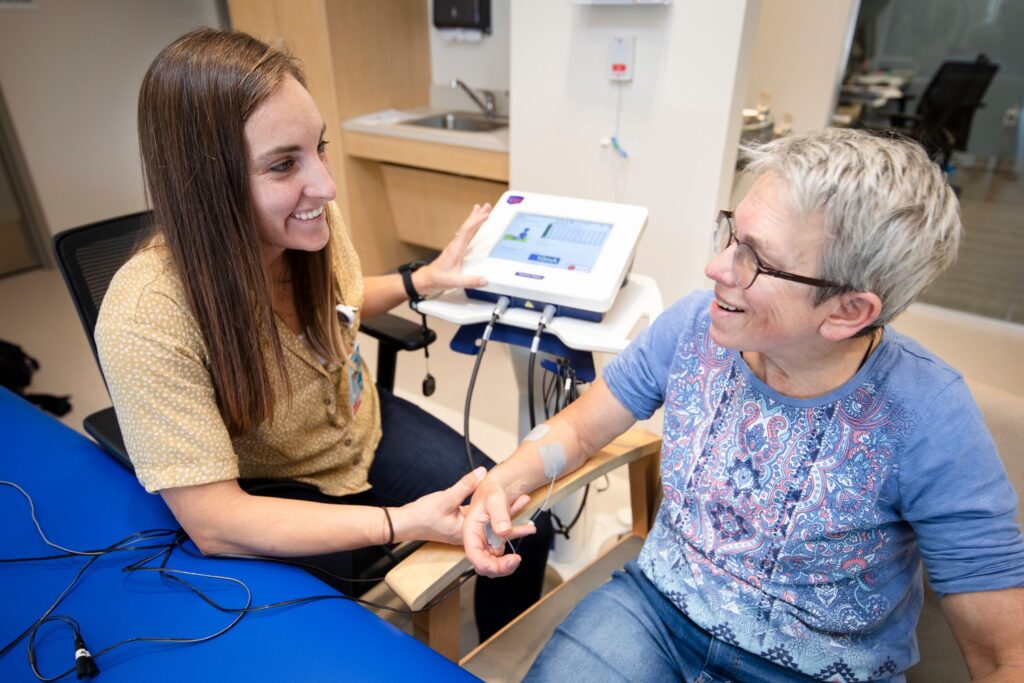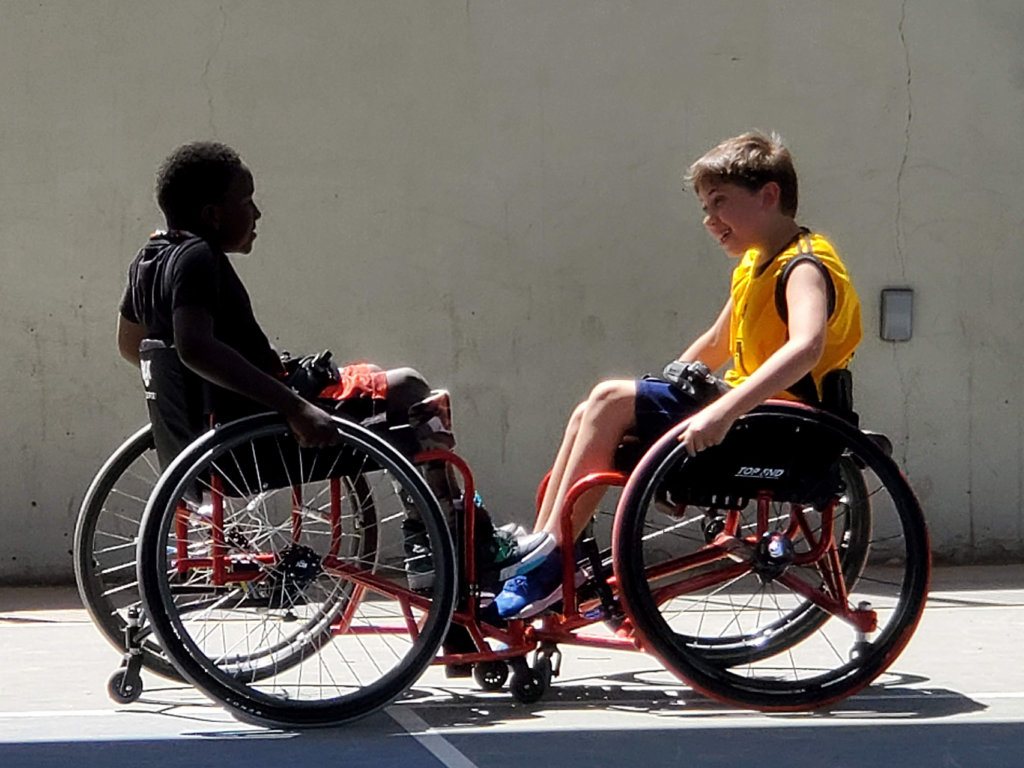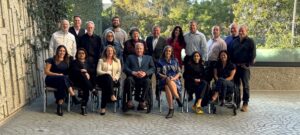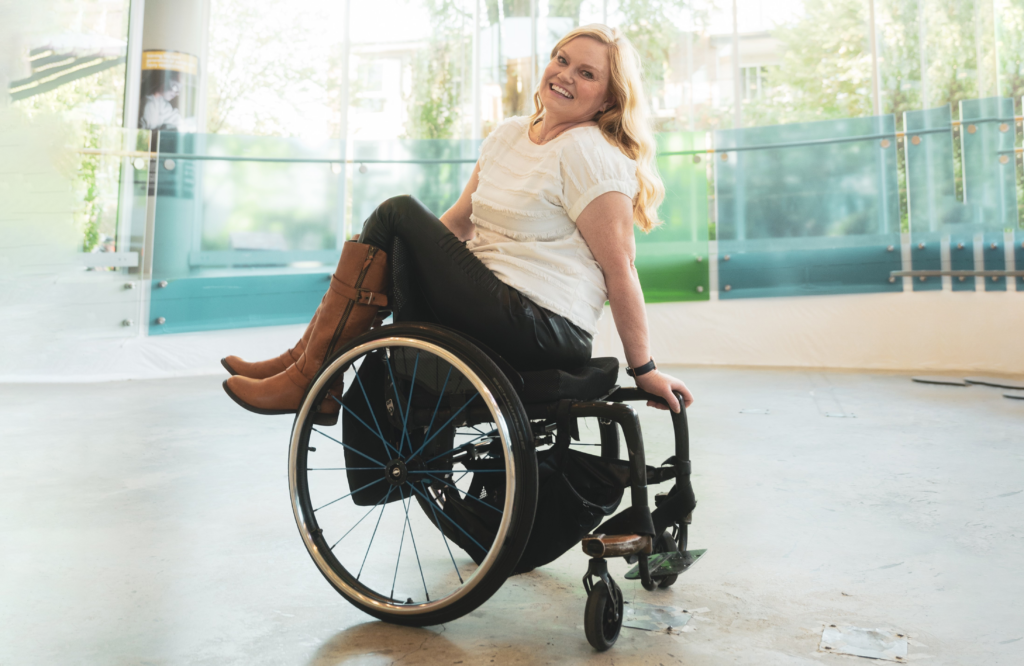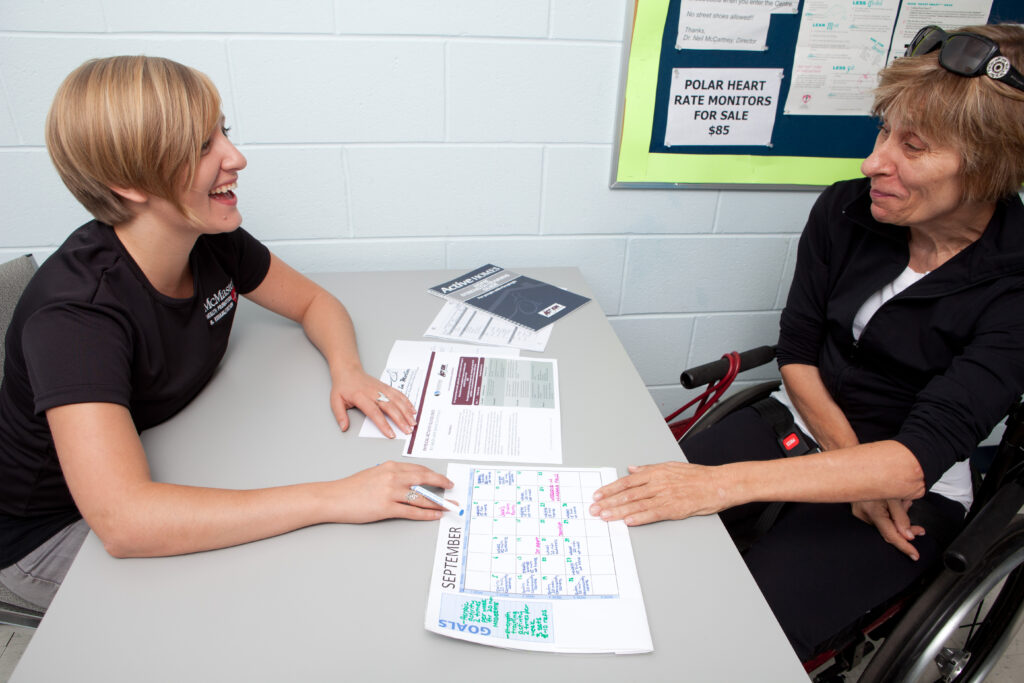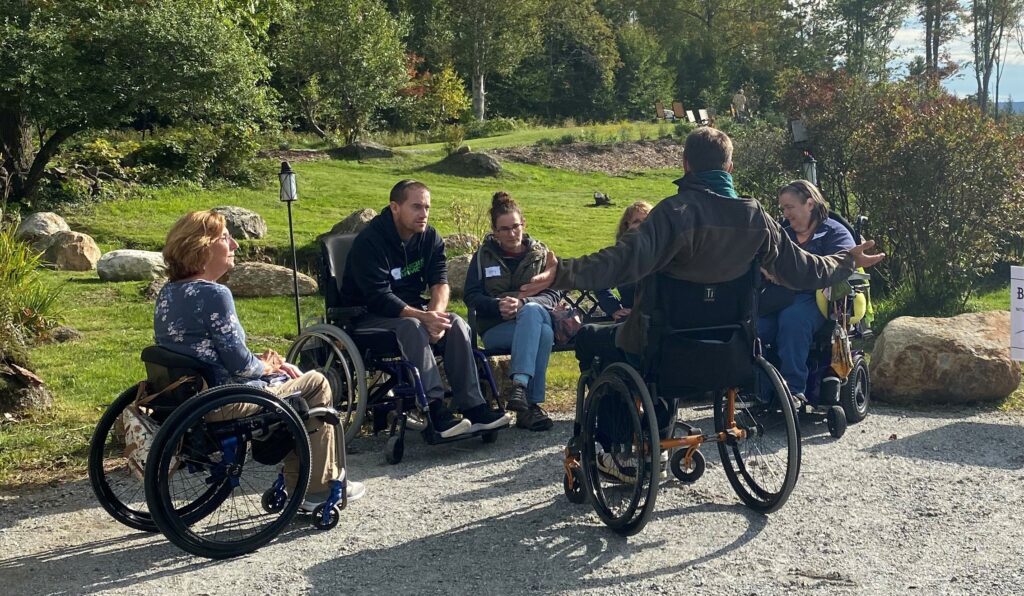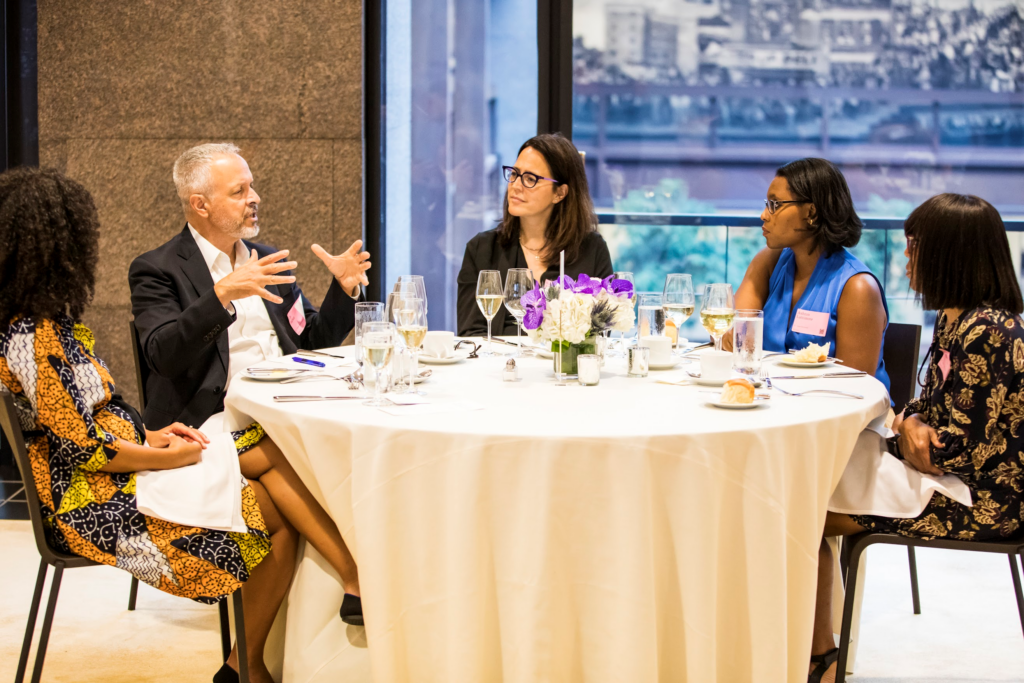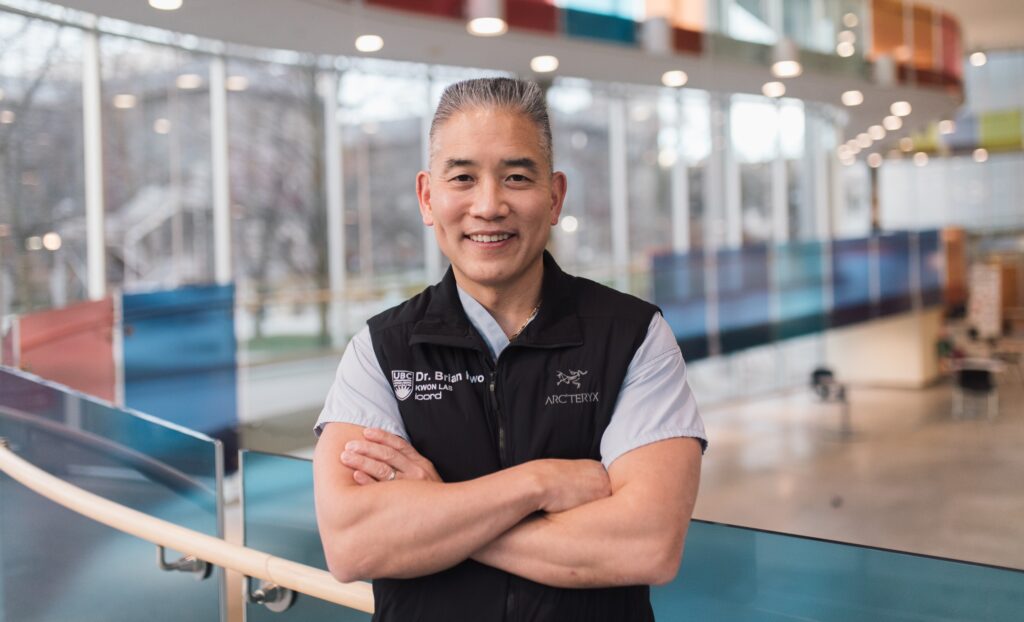
How do you send the message to someone that you value their ideas, efforts, and vision? In a world where researchers, clinicians, and nonprofit leaders are constantly chasing the next grant, we set out to honor outstanding individuals who are at a mid-point of their career as a way to encourage them to continue with their trailblazing ideas. The Craig H. Neilsen Visionary Prize was launched in 2020 to highlight the legacy of our Founder’s gift to the world of spinal cord injury (SCI). It acknowledges the efforts and influential voices of people who embody the values that were important to Craig during his lifetime. To date, 12 individuals have been awarded the Visionary Prize, which comes with an unrestricted gift of one million dollars. There are no expectations for how the money will be used, but our hope is that the acknowledgement will provide a confidence boost and highlight the importance of their work.
One of the inaugural Visionary Prize recipients was Dr. Brian Kwon, a compassionate surgeon and thoughtful scientist who, in addition to caring for his patients, is dedicated to solving the mysteries surrounding SCI. He is a devoted mentor, sharing his knowledge and experiences with trainees at University of British Columbia’s International Collaboration on Repair Discoveries (ICORD) and he serves as the Director of Research for the Vancouver Spine Research Program.
When awarded the Visionary Prize, Brian used the money to create the SCI Innovation Fund at the University of British Columbia Hospital Foundation. This fund encourages creative thinking by allowing researchers in his organization to test out what he calls “cool new ideas” before beginning the application process for a large grant. “It gives us the ability to think a bit outside the box and take on things that are maybe a little unconventional or risky,” Brian explains. “We have embarked on some really novel things that we wouldn’t necessarily have been able to do. We have discretionary funding that we can draw on to try something new and, all of a sudden, we have data to get a much larger grant. We’ve actually been able to leverage these funds and get an additional $2 million grant.”
But the Visionary Prize has given Brian a much bigger goal than funding research—he hopes his contribution to start this fund expands the discussion about philanthropy and encourages others to invest in his organization: “If funders know that you believe in something enough to put your own money into it, then it’s a much different discussion when you’re trying to raise money to support SCI research,” he states, revealing a vision that mirrors values important to our Founder.
Each of the Visionary Prize awardees inspires the SCI community and beyond as they continue their leadership in their chosen fields—be that medicine, the arts, business, research, advocacy, or athletics. We believe that Mr. Neilsen would be proud to see how their bold work and determination are improving the lives of others.
